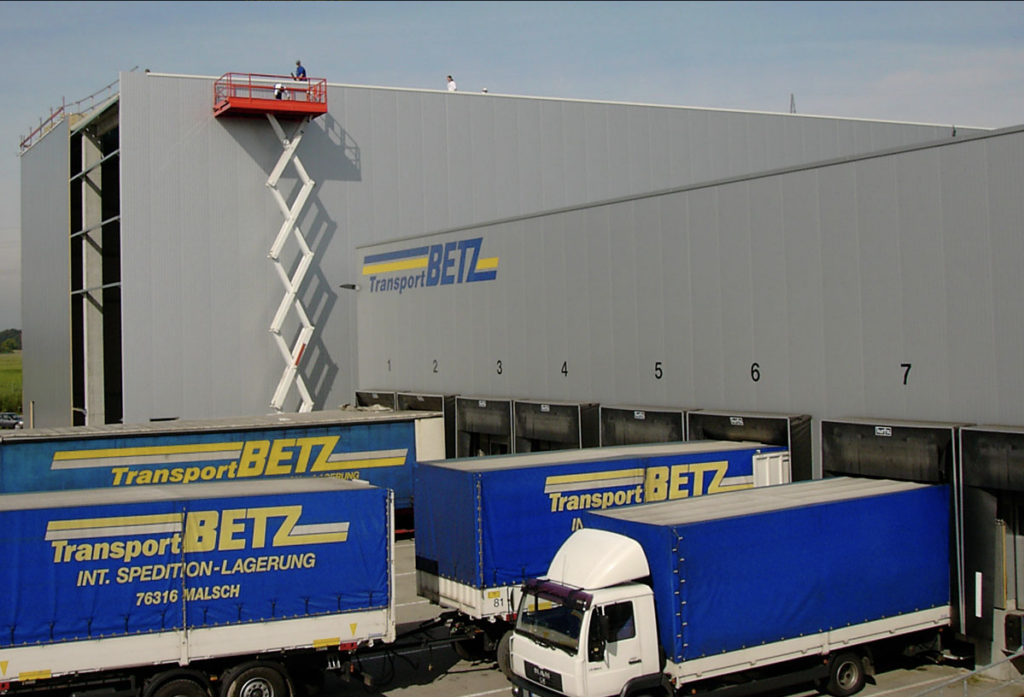
More and more companies are combining technological platforms and applications from different cloud providers. But is the so-called multicloud also worthwhile for SMEs that want to combine their ERP environment with additional resources from the IT cloud, for example? The answer is clear: it depends.
The multicloud is in vogue. According to the report "Status quo and developments on the German cloud market", for which Techconsult surveyed 202 companies of various sectors and sizes on behalf of Plusserver, a quarter of the companies surveyed already use a multicloud architecture or plan to do so in the next twelve months. The retail sector in particular is currently relying on a combination of different clouds (36%). In service and industrial companies, the use of multiclouds is currently only 23% and 21% respectively. However, the trend is rising: according to the study participants, the proportion of multiclouds in companies will increase "rather strongly" (56%) to "very strongly" (16%) over the next 24 months.
There are many reasons for this: companies use and pay for individual functions and applications, IT capacities or storage space as required, thereby avoiding vendor lock-in. If a cloud provider increases its prices or removes services from its portfolio, it is ideally possible to switch to another provider or another cloud without any problems. Companies that operate internationally also have the option of focusing on providers that have a particularly strong presence in the respective region.
Motives for the multicloud
Medium-sized companies are also increasingly relying on a combination of several platforms. For very different reasons. In most cases, it is a question of supplementing the existing ERP system with additional software services from the IT cloud. Whether document management, customer relationship management (CRM), digital invoice receipt or smaller AI applications - in some areas, the market now offers numerous applications that go beyond the functionalities of a classic ERP solution. Companies can supplement these with individual applications from specialized providers from other clouds as part of a best-of-breed strategy. The prerequisite for this is that the ERP system - like the GUS-OS Suite - offers the option of easily integrating services from external providers via open interfaces(REST API) and connecting them via secure connections (e.g. via the GUS-OS Digital Hub Service).
Another reason for a multicloud approach is data security. Only recently, Europe's largest data center in Strasbourg burned down completely. With dramatic consequences: Around 3.6 million websites were temporarily offline afterwards.
Of course, accidents like this only happen rarely. Nevertheless, they can never be completely ruled out - neither for large companies nor for SMEs. SMEs are therefore also increasingly preparing themselves for emergencies and providing appropriate back-up systems in the cloud or in different clouds.
The location of the cloud data center is also not insignificant: For particularly sensitive applications and data, companies should work with providers whose data centers are located in Germany. This is because all data traffic is automatically subject to the strict German data protection laws.
The challenge of cloud management
As convincing as the advantages of a multicloud strategy are - in practice, such a construct quickly becomes complex. This assessment is also shared by the respondents in the above-mentioned study: around 44% see the security of data exchange between different cloud services and platforms and a high management effort as a major to very major challenge. Closely followed by administrative effort. And rightly so. Because in a multicloud world, IT departments have to deal with the different pricing models, security and compliance policies and service level agreements of various providers in addition to their day-to-day business. What's more, providers use different tools to manage their cloud services. And last but not least, the different clouds need to be connected and secured via suitable APIs.
Without external support, these tasks are often difficult for SMEs to manage. It can therefore be helpful to call in a managed cloud service provider. This provider will help to define workloads, services and service transfer points, establish standard processes and KPIs and negotiate service level agreements. Security aspects, such as load distribution and fail-safe operation of the applications, must also be taken into account with a multicloud system. When selecting a partner, it is important that they provide platform-independent advice and support in order to avoid a vendor lock-in.
Small steps towards the multicloud
Is this all too big for you? Then start small. Not everyone needs an all-encompassing multicloud system right away. In the first step, it is often enough to expand the existing ERP system with additional services and, if necessary, use a backup system from the cloud or operate the existing ERP system in the cloud. This is where the GUS Group offers valuable support. With our own cloud data center, we can help you move certain services, infrastructure areas and your GUS-OS system to the cloud, while also ensuring their clean and secure integration. Feel free to contact us!
Multicloud for SMEs?
What are the benefits of multicloud?
- Procurement of IT capacities, applications or storage space as required
- No dependence on a single provider (vendor lock-in)
- High flexibility: switch to another provider at any time
- Cushioning undesirable price fluctuations
- Best-of-breed: the best solution for every requirement
- More security through distributed services and servers
What speaks against multicloud?
- High management and administrative costs
- Demanding cost management
- High complexity of data security, data protection and compliance
- External support usually required


